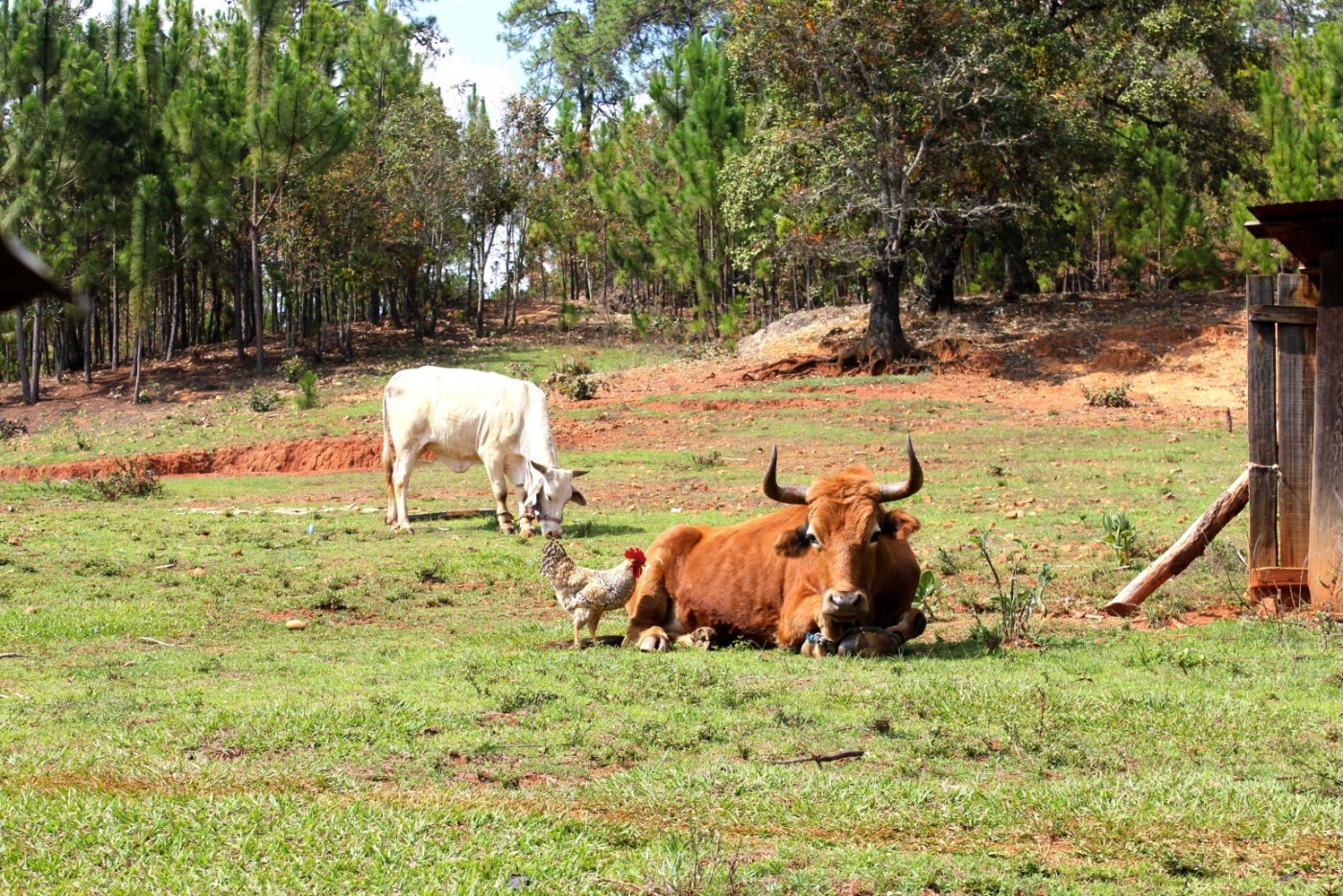Agriculture and forestry play a key role in the economic and social fabric of Latin America and the Caribbean (LAC). Yet, a significant share of greenhouse gas (GHG) emissions in the region originates from agriculture, forestry, and other land uses (AFOLU). As the sector grows, business-as-usual practices will likely lead to more land degradation, deforestation and, ultimately, an increase in GHG emissions.
Initiative 20x20 recognizes this perilous trend and sought out climate expert Thomas Casten from the Climate Institute to deliver an online keynote presentation based on his testimony for the House Select Committee on Climate Change in the United States House of Representatives. Casten summed up the science and solutions around soil through a promising practice better known as regenerative agriculture.
According to the science, regenerative agriculture relies on natural processes to enhance the functionality that has more recently become supplanted with external inputs in conventional agriculture. For example, a healthy soil rich in fungi and bacteria speeds the mineralization of carbon dioxide into carbon, holds water, and prevents nutrient run-off. Regenerative agriculture, as it is currently practiced, includes four key changes:
1. Stop soil tilling – to effectively eliminate the destruction of symbiotic fungi mycelium and allow population regrowth.
2. Plant cover crops after the crop harvest – to supress weeds and increase biomass.
3. Reduce the use of NPK fertilizers (a term used to refer to nitrogen, phosphorous and potassium) – as the recovering microbiome supplies nutrients
4. Eliminate the use of pesticides and herbicides as the healthier plants regain their own defense systems.
Further, the use of biochar can play a role in restoring nutrients and soil health. Biochar can increase production yields in agriculture years after it has been used.
Ultimately, Casten commented that speeding up the deployment of profitable carbon sequestration will require financial innovation. The solution will require billion-dollar investments but will yield high returns to nature.
The online seminar invited commentaries from Marie Ange Ngo Bieng, Researcher at CIRAD, and Ruben Echeverría, Director General Emeritus at CIAT and Senior Research Fellow at the International Food Policy Research Institute.
Ngo Bieng remarked on the value of regenerative agriculture and established a need to better distinguish and understand a difference between the agricultural approach presented and two different concepts (agroecology and climate-smart agriculture).
Echeverría recognized the value of regenerative agriculture for improving outcomes in the sector. Nevertheless, he stressed the need to simultaneously work on climate adaptation, as the sustainable practice may not serve as a unique solution to climate change. Regenerative agriculture will have to be considered as only one solution in a suite of strategies when tackling climate change.
The online seminar was held on September 30, 2020 and attracted over 100 attendees.
The agenda can be found here while a recording of the presentation can be accessed here.
